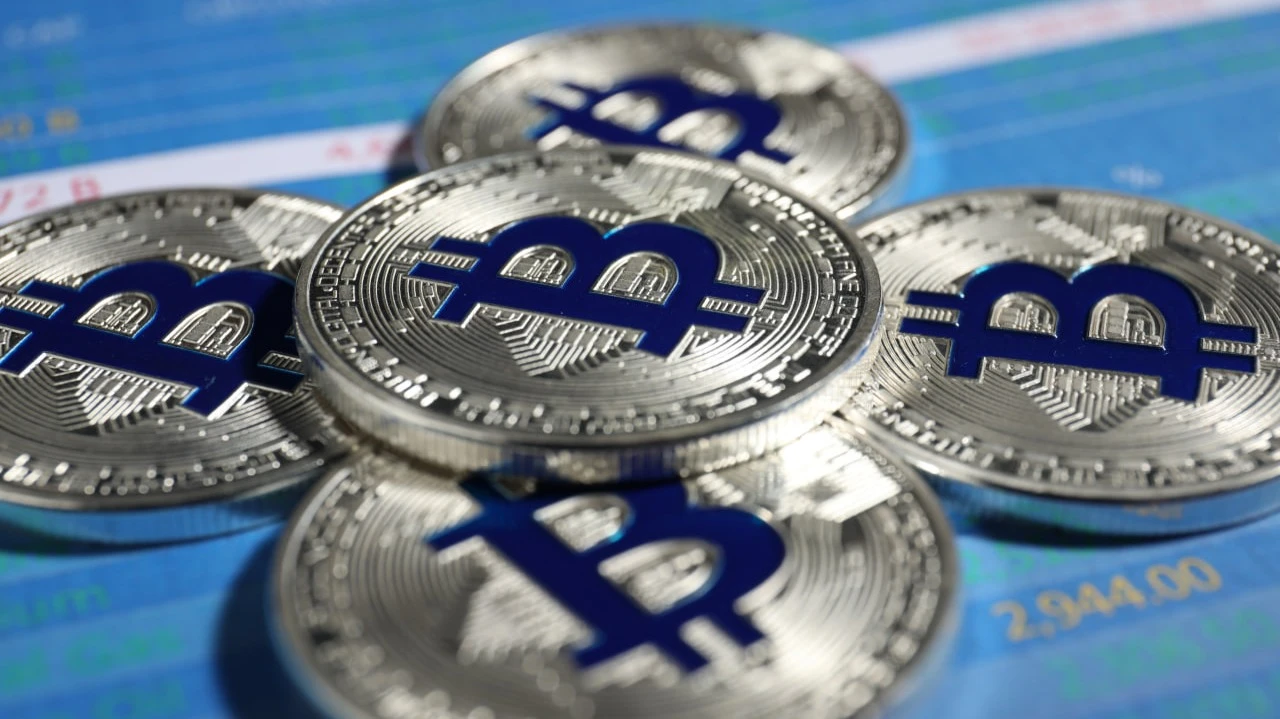Cryptocurrencies have no place in a portfolio, says Britain's premier investment platform. Why?
Bitcoin is not an asset class, says Hargreaves Lansdown

Investors should not rush to invest in digital assets and keep them in their portfolios at all, said the UK's largest investment platform Hargreaves Lansdown. Despite the relaxation of regulation of cryptocurrency assets in the country, according to Hargreaves, they remain too risky and lack intrinsic value. However, not everyone in the market shares this skepticism - major banks and investment companies are increasingly integrating bitcoin into their strategies.
Details
The UK's largest trading platform Hargreaves Lansdown has warned investors hoping to capitalize on the relaxation of cryptocurrency regulations: cryptocurrencies have no place in an investment portfolio, CNBC writes.
Hargreaves' comment comes after the U.K. on Oct. 8 lifted a multi-year ban preventing private investors from buying exchange-traded notes (ETNs) linked to crypto-assets. This allowed investors to access digital tokens through regulated exchanges.
"From Hargreaves Lansdown's perspective, bitcoin is not an asset class. We do not believe cryptocurrencies have characteristics that would allow them to be included in a portfolio for growth or income. They cannot be relied upon to meet clients' financial goals," the company said in a statement. In addition, "it is not possible to analyze performance metrics for cryptocurrencies and, unlike other alternative asset classes, they have no intrinsic value," it said.
One of the main issues highlighted by Hargreaves Lansdown is the high volatility of cryptocurrencies: experts urged investors to consider the risks associated with all cryptocurrencies, including bitcoin, which is now trading near record highs.
"While bitcoin's long-term performance has been positive, it has experienced several periods of sharp losses and remains an extremely volatile instrument - much riskier than stocks or bonds," Hargreaves said in a statement, as quoted by CNBC.
That said, Hargreaves noted that it understands the desire of some traders to "speculate with cryptocurrency ETNs," and will therefore provide "eligible customers" with that opportunity starting in early 2026.
Who's on the side of cryptocurrencies
In September, Morgan Stanley said it was close to launching cryptocurrency trading for retail investors through its E-Trade division. It had earlier become the first major U.S. bank to give wealthy clients access to bitcoin funds, a move that others have since followed, CNBC writes.
In addition, JPMorgan plans to enter the stablecoin market, despite the fact that the bank's CEO Jamie Dimon has openly criticized cryptocurrencies.
Digital assets can give investors a hedging tool against volatility in traditional markets, Chris Mellor, head of Europe, Middle East and Africa (EMEA) equity exchange-traded funds at Invesco, told the channel.
"Bitcoin and other cryptocurrencies are sometimes referred to as 'digital gold' and the question is already being raised as to whether bitcoin could ever replace gold as the preferred non-fiat asset. In our view, there is room in the portfolio for both. With the caveat that correlations can vary, in recent months we have seen bitcoin show very low correlation to equities, US Treasuries and gold," he told CNBC.
And Nigel Green, CEO of consultancy DeVere Group, said bitcoin 's recent rise above the $125,000 mark signals that digital assets have entered the financial mainstream.
"Investors no longer view bitcoin as a gimmick on the periphery of the market. Volatility is still present, but now it's productive volatility - the kind that accompanies the price formation process in a mature market. Short-term fluctuations are inevitable when capital moves at this scale," he told CNBC.
Green called it a "structural shift, not a temporary rally" for bitcoin and noted that the favorable policies of U.S. President Donald Trump's administration are giving the asset added resilience.
"The hands that bitcoin is in today have become stronger - institutional and more patient investors. For those who look at the market strategically, bitcoin remains a solid and sustainable investment," he added.
This article was AI-translated and verified by a human editor
